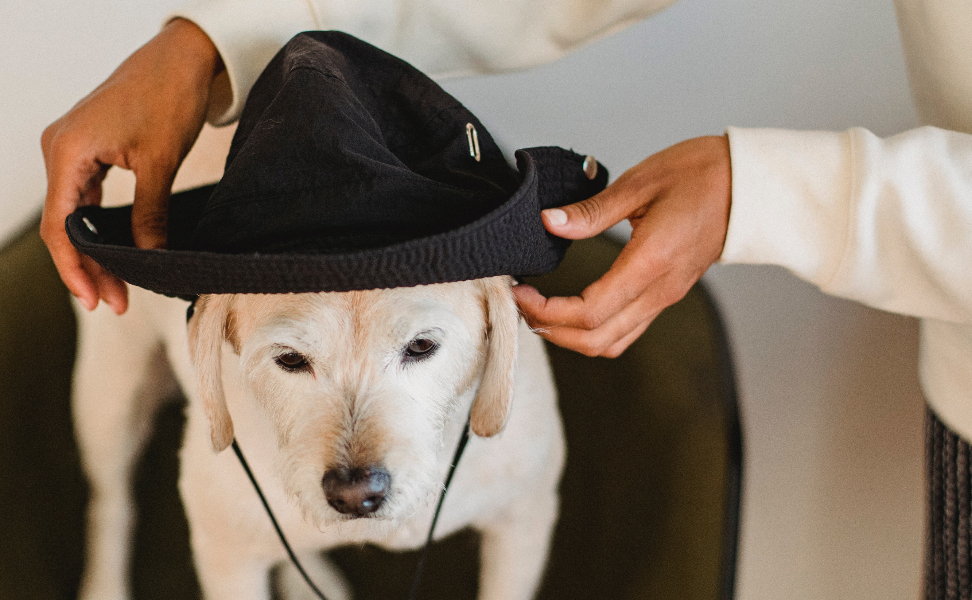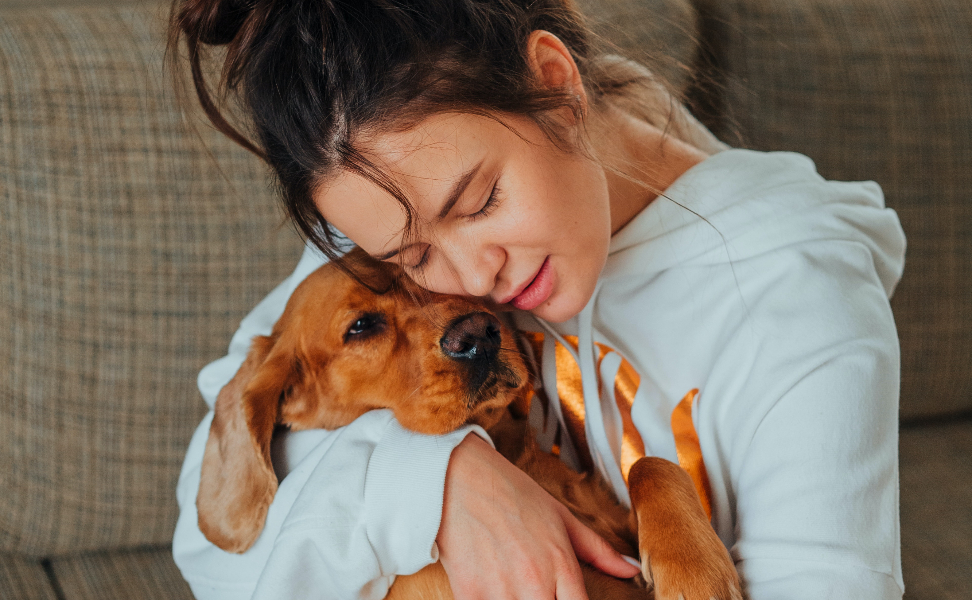We confuse them: The things humans do that dogs don't understand

Dogs' behavior is incredibly adaptable, which is why we keep them in our homes and take them with us on weekend get-togethers with friends.
However, there are certain things that evolution has not equipped dogs to do to adapt to the challenges of life in our world, and we do it to our pets all the time and persistently confuse them, says "Science Alert".
We leave them alone
As social creatures, dogs love to socialize. Puppies are intensely interested in socializing with other dogs, people or anyone who wants to interact with them. They play, rest, explore and travel together. However, we often leave dogs alone – at home, in the yard or in a dog hotel.
Only after a few repeated experiences will the dog gain confidence that you will come back for him, but never completely and depending on the context. That's why they never understand why they have to stay outside in the yard when their human family is inside the home.
We change the shape and smell
Shoes, coats, wallets and purses – each of these items has a different smell. Cleaning products, soaps, deodorants and perfumes constantly change our smell, which is how the dog recognizes us.
Various pieces of clothing constantly change our shape. Also, when we dress up, we change our visual appearance which confuses dogs. Dogs change their fur once a year, unlike them, we change our clothes and smell daily, and the most prominent sense in dogs is the sense of smell.
The sense of smell determines what can be eaten and what is the dog's territory. Also, smell is an important tool for the dog in communication and recognition. Man through training and breeding has increased the dog's ability to recognize smells, but we must admit that it is not easy for them.
We love to hug
The way humans use their arms, that is, their front legs, is in stark contrast to the way dogs do it. When playing or mating, dogs hug easily. But if their movement is completely restricted, they perceive it as a sign of threat. That's why our hugs seem very threatening to them.
We feed them with our hands, pet them, throw toys at them, but also punish them, brush and pluck them, cut their nails, give them medicine or bandage their wounds. Therefore, it is not surprising that many dogs are afraid of the human hand when it moves towards them.
But people often misinterpret their fear, which often leads to serious misunderstandings. Unaccustomed dogs sometimes perceive our hand gestures as a threat and run away or become aggressive.

We don't want to bite
Puppies' favorite game is fighting with other dogs. During such games, they very carefully evaluate the strength of the bite of other participants in the game, and for them these are important signals. Humans are more sensitive to pain, so they often react violently to their attempts to play with us.
Dogs almost completely communicate with objects through their muzzles, and they use their teeth and tongue for food. When playing with other dogs, they bite to show affection and communicate. Different force and manner of biting can mean anything from "more", to "please don't", to "pull back". Normally, they try to communicate with us in the same way, so it confuses them when we get angry with them.
We don't eat food from the garbage can
Dogs are opportunists who instinctively eat food wherever they find it. Instead, we assign them separate plates to eat from. Young dogs are very confused by our violent reaction when we notice that they have taken food from the table, the floor or the litter box. We can teach them not to do this, but we shouldn't be surprised when they reach for food from places they shouldn't.
We share the territory
We visit other dogs' territories, carry their scent, and allow unknown visitors to enter our dogs' territory. It must be known that dogs have not developed the ability to easily accept such intrusions and threats to their safety and resources. Therefore, we should not be surprised when they are distrustful and suspicious of visitors or when they are aggressive towards other dogs, either in their own territory or in someone else's territory.


